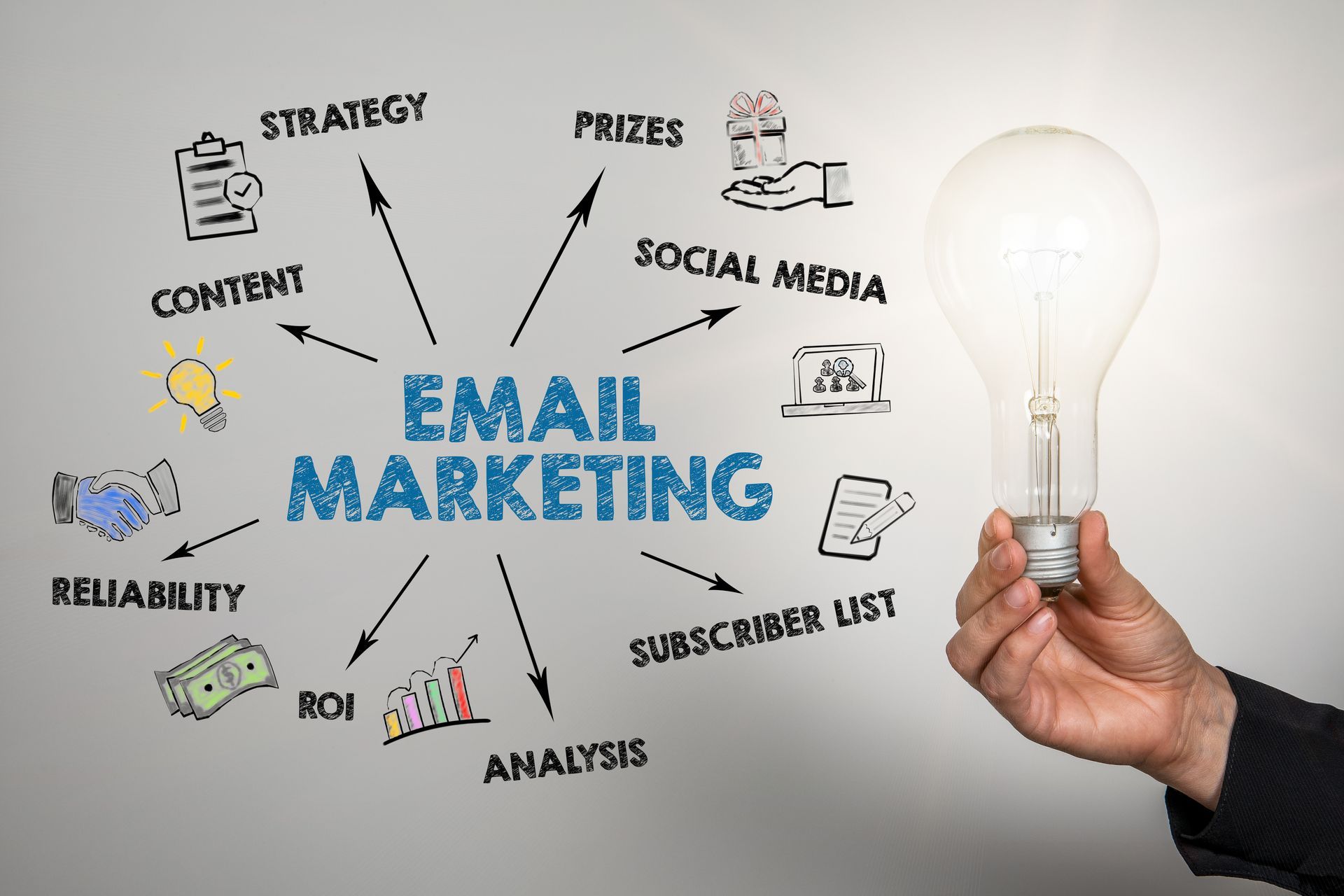Harnessing the Power of Voice Search Optimization for Your Business
Master the Art of Voice Search Optimization for Your Business Success
As voice search technology becomes increasingly prevalent, businesses must adapt to remain competitive in this evolving digital landscape. Voice search optimization (VSO) is the process of enhancing your website and content to rank higher in voice search results. In this blog post, we will explore the world of VSO and discuss essential tips and strategies to help you stay ahead of the competition and dominate the voice search game.
The Growing Significance of Voice Search
Voice search has grown exponentially over the past few years, with more people using virtual assistants like Google Assistant, Siri, and Alexa to find information online. This shift in user behavior has made it crucial for businesses to optimize their online presence for voice search, ensuring they remain visible and accessible to potential customers.
Key Strategies for Voice Search Optimization
To optimize your website for voice search, consider implementing the following strategies:
- Adopt conversational language: Voice searches are typically more conversational than typed queries. Ensure that your content uses natural, conversational language to answer questions as you would in a face-to-face conversation.
- Target long-tail keywords: Voice search queries are often longer and more specific than typed searches. By focusing on long-tail keywords, you can improve your chances of ranking higher in voice search results.
- Develop an FAQ page: Create a comprehensive FAQ page that addresses common questions related to your industry, products, or services. This will help you rank higher for voice search queries and improve user experience.
- Enhance website speed: Voice search users expect quick results. Ensure your website loads quickly on all devices to provide a satisfying user experience.
- Optimize for local search: Many voice search queries are location-based. Optimize your content for local search by including your business's address, phone number, and hours of operation on your website.
- Implement schema markup: Adding schema markup to your website can help search engines understand your content better, increasing your chances of appearing in voice search results.
- Optimize your website's mobile experience: As most voice searches are performed on mobile devices, it's essential to ensure your website is mobile-friendly and offers a seamless user experience.
- Claim and update your Google My Business listing: A complete and accurate Google My Business listing can help your business appear more prominently in local voice search results.
FAQs
Q: How crucial is voice search optimization for businesses?
A: With the growing reliance on voice search for quick and convenient access to information, it's vital for businesses to stay ahead of the curve by optimizing their content for voice search.
Q: Can voice search optimization boost website traffic?
A: Absolutely! By ranking higher in voice search results, your website can potentially attract more traffic and increase user engagement.
Q: How can I determine if my website is optimized for voice search?
A: You can utilize various tools and techniques to evaluate your website's performance in voice search, such as Google Analytics, SEO audit tools, and manual testing with different voice assistants.
Q: Which voice assistants should I optimize for?
A: While Google Assistant, Siri, and Alexa are the most popular voice assistants, it's essential to optimize for all major voice search platforms to reach a wider audience.
Conclusion
Voice search optimization is an indispensable aspect of digital marketing that businesses cannot afford to neglect. By implementing the strategies outlined in this post, you can stay ahead of the competition and ensure your website ranks high in voice search results. Investing in voice search optimization today will not only help you maintain a strong online presence but also improve user experience, leading to increased customer engagement and conversions.
As voice search technology continues to evolve and become more sophisticated, businesses must remain agile and adapt their strategies accordingly. Staying informed about the latest developments in voice search optimization and implementing best practices will ensure that your business remains visible and accessible to potential customers, now and in the future.
In conclusion, voice search optimization is an essential component of a successful digital marketing strategy. Embrace the potential of voice search by optimizing your website and content, and watch your online presence flourish.










